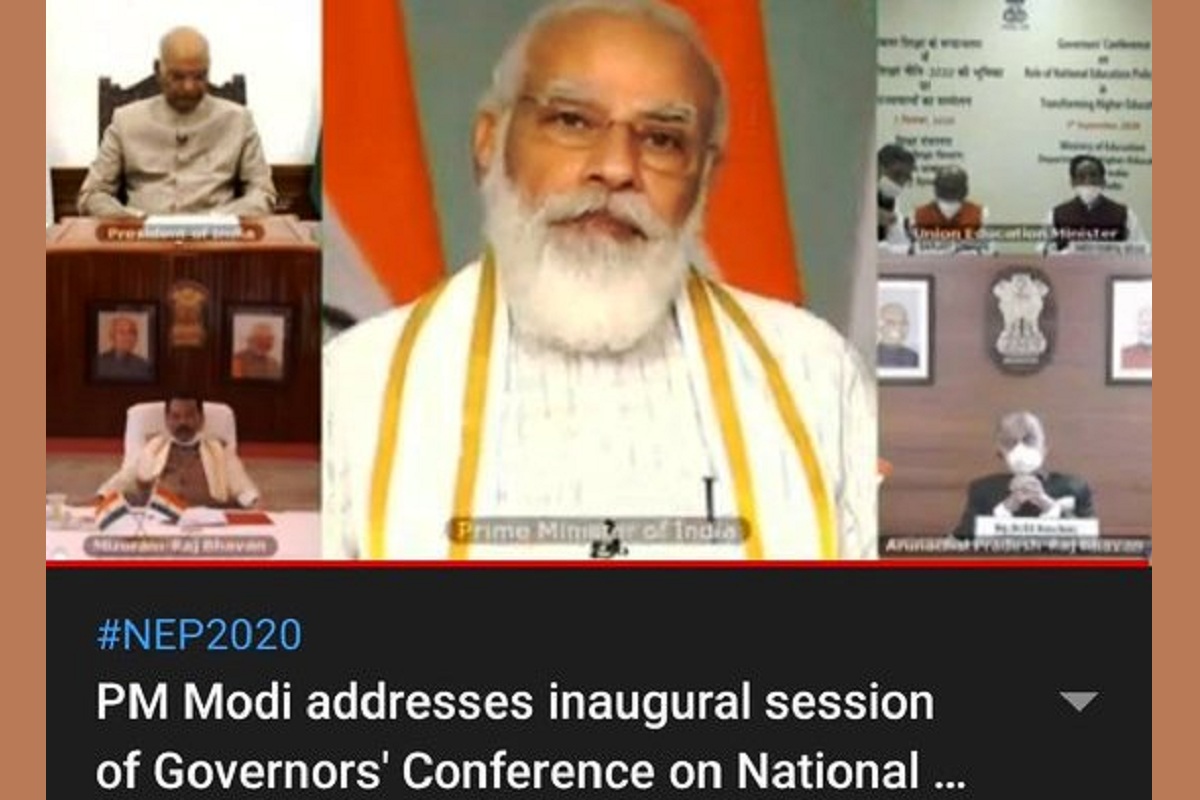NEP-2020 will empower children with skills: VP
Vice President Jagdeep Dhankhar on Wednesday said that education is the greatest catalyst for change and the foundation for establishing equality in society.
A webinar organised by the Education Promotion Society for India (EPSI) invited Directors of prominent Business Schools and management Institutions of the country to deliberate on the New Education Policy (NEP) and various associated aspects.

(File Image)
The New Education Policy (NEP) 2020 was launched in July 2020 after the Union cabinet approved it. The NEP aims to overhaul the country’s education system with several overdue changes.
A webinar organised by the Education Promotion Society for India (EPSI) invited Directors of prominent Business Schools and management Institutions of the country to deliberate on the New Education Policy (NEP) and various associated aspects.
Prominent speakers included Dr Bhimaraya Metri, Chairman, Board of Management Studies, AICTE, Dr Debashis Chatterjee, Director IIM Kozhikode, Dr J Philip, Founder & Chairman, XIME Bangalore, Dr Jitendra K Das, Director, FORE School of Management, New Delhi, and Shreevats Jaipuria, Vice Chairman, Jaipuria Institute of Management, among others.
Advertisement
Chairman of AICTE, Dr Anil D Sahasrabudhe touched upon the important takeaways from the National Education Policy and aspects related to management education and autonomy in his inaugural address.
The topic of ‘Development of Road-map for autonomy and becoming a degree-granting institution’ and its implementation was moderated by Shreevats Jaipuria. He made the point that NEP 2020 is expansionist rather than restrictive and should be used to make management institutions bigger and stronger.
Dr J Philip mentioned that the two most important aspects of NEP 2020 are the removal of divides between arts and sciences and streamlined regulation.
Dr Jitendra Das, while touching upon the deliverable and autonomy by the Higher Education Institutions, shared his views by starting with a revisit to the background of autonomy in management education institutions. He cited the example of the IIMs in the 1960s, which were registered as societies for teaching management and this provided them with flexibility and speed in decision making, which was more important than being a university with the ability to grant degrees.
Advertisement